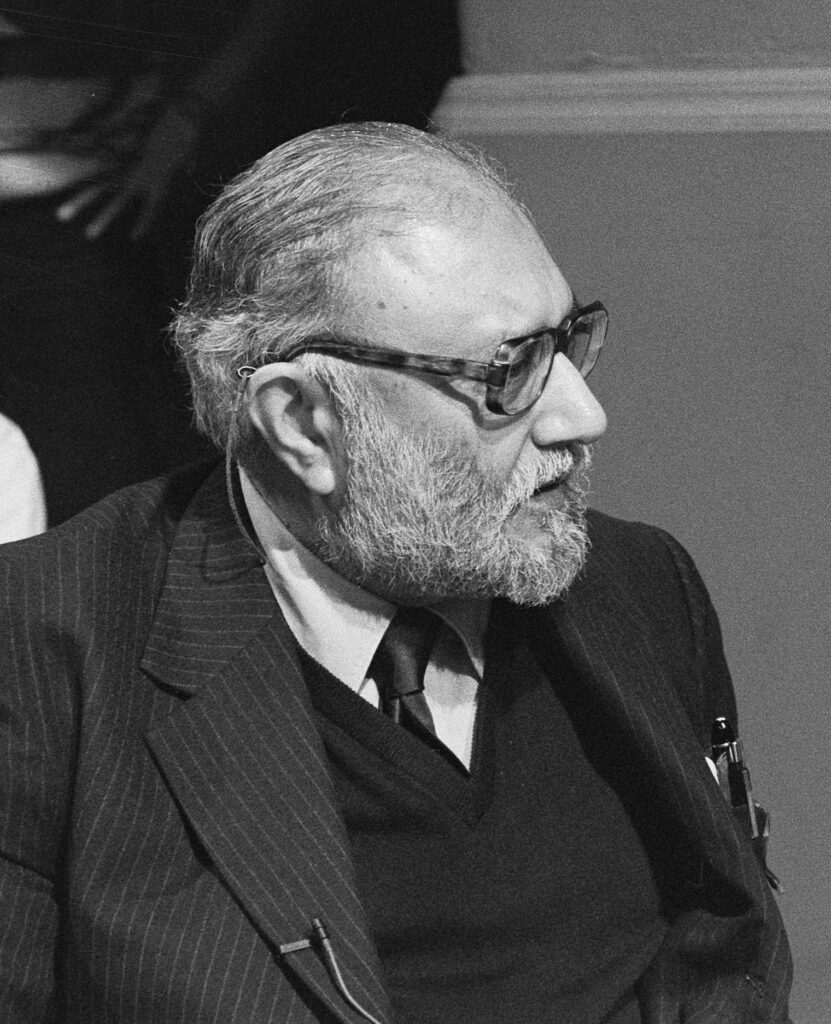Nusrat Jahan Idrees, PhD candidate in Oncology, United Kingdom

Let’s talk about something awkward: Muslims had an advantage. The Quran and ahadith contain a treasure trove of insights about nature, the universe, and human biology. Yet, while the world was busy racking up Nobel Prizes, we got distracted.
Instead of using the divine clues gifted to us, we’ve often been too busy debating who’s a “kafir”, dividing ourselves into sects, and engaging in endless arguments over moon sightings. Meanwhile, the rest of the world quietly read, researched, and revolutionised science.
The “alaqah” that got away
Take embryology. The Quran mentions stages of human development with striking accuracy:
ثُمَّ خَلَقۡنَا النُّطۡفَۃَ عَلَقَۃً
“Then We fashioned the sperm into a clot [alaqah].” (Surah al-Mu’minun, Ch.23: V.15)
If only we’d looked into it! Fast forward to 2010, and who’s walking away with the Nobel Prize? Robert G Edwards, for developing in vitro fertilisation (IVF). He used fancy labs and modern tech to unlock truths that align with the Quran’s description. Meanwhile, we were still arguing about reciting “bismillah” or “inna lillahi” before dissecting a frog in biology class.
The universe was expanding, but we weren’t
The Quran mentioned the expanding universe 1,400 years ago:
وَالسَّمَآءَ بَنَیۡنٰہَا بِاَیۡٮدٍ وَّاِنَّا لَمُوۡسِعُوۡنَ
“We have built the heavens as a manifestation of several of Our attributes, and surely We go on expanding the universe.” (Surah adh-Dhariyat, Ch.51: V.48)
Enter Arno Penzias and Robert Wilson, who, in 1978, bagged the Nobel Prize for discovering cosmic microwave background radiation and confirming the Big Bang Theory. While the rest of the world was busy understanding how the universe expanded, we were busy expanding our blasphemy laws.
The circadian rhythm we slept through
And then there’s the circadian rhythm. In 2017, Jeffrey C Hall, Michael Rosbash, and Michael W Young were awarded the Nobel Prize in Physiology or Medicine for their groundbreaking discoveries of the mechanisms controlling circadian rhythms. Their work revealed how our bodies have a built-in clock that regulates everything from sleep to hormone production, synced perfectly with the day-night cycle.
The Holy Quran already hinted at this natural rhythm:
“He it is Who has made for you the night [dark] that you may rest therein, and the day full of light. Surely, therein are Signs for a people who listen.” (Surah Yunus, Ch.10: V.68)
So, did we miss the signs?
The Nobel Prize and the Muslim-Jewish comparison
As of 2024, Muslims make up about 25.8% of the global population but have only secured 2.38% of Nobel Prizes in the sciences (Physics, Chemistry, and Medicine). On the other hand, Jews, who account for less than 0.2% of the world’s population, have won around 22% of all Nobel Prizes in science. This sharp contrast doesn’t just point to a gap in intellectual resources or research access – it suggests that maybe, just maybe, Muslims need to rethink their priorities.
The only Muslim Nobel Prize winner in physics

It’s worth noting that Dr Abdus Salam was the only Muslim ever to win the Nobel Prize in Physics. In 1979, he was awarded the Nobel for his groundbreaking work on electroweak unification. Dr Salam often credited his success to the teachings of the Quran. In his Nobel banquet speech, he quoted Quranic verses that urge reflection on the natural world, interpreting them as divine encouragement for scientific exploration.
But here’s the plot twist: while the world hailed Salam as a scientific hero who cracked the code of physics, Pakistan decided to crack down on his faith and declared him a non-Muslim, all because of his affiliation with the Ahmadiyya community. I mean, who needs scientific progress when you can be advancing in policing someone’s belief?
What can we do now?
I often think of that clip where a Pakistani child was asked about his thoughts on the Indians’ landing on the moon in 2023. His response? “It doesn’t matter where the Americans or Indians land. We will insh’Allah land in Jannah, and that’s all that matters.”
While I absolutely love the spiritual optimism, it does highlight a certain detachment from the scientific progress around us. Don’t get me wrong – the promise of Jannah is truly the ultimate goal, but this mindset also serves as a reminder that the Quran encourages us to ponder, reflect, and seek knowledge.
The Quran and Sunnah have subtly pointed to scientific truths for centuries, but unfortunately, due to many reasons – such as colonialism, sectarian divisions, political instability, a lack of investment in research and education, and intellectual isolation – we’ve often missed the opportunity to explore these insights further.
However, it’s not too late! Our ancestors laid the foundation and now it’s time for us to build on that legacy. By blending the timeless wisdom of our faith with the tools of modern science, we might just see another Muslim scientist earn the next Nobel Prize – one who chooses to study both the Quran and their lab manual. It’s time for us to reclaim our place in the world of science, because the truth is, the answers have been there all along!

